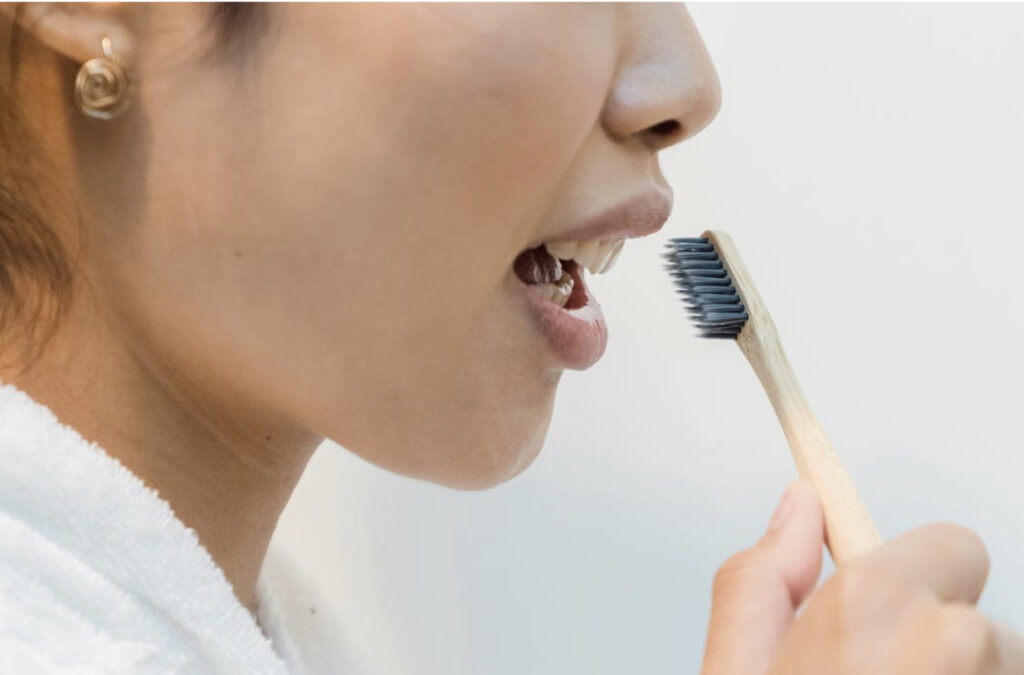
The Importance of Oral Health
As you’re well aware, the female body goes through lots of changes when you’re pregnant. Some of these are extremely obvious – such as weight gain, hormone changes, etc. But, some are less documented than others. For example, did you know that your oral health can change dramatically while you’re carrying a baby?
It’s true, and this post is designed to explain how and why this happens, as well as touch on the reasons you need to look after your oral health when pregnant.
How is your oral health affected by pregnancy?
According to the CDC, nearly 75% of pregnant women suffer from gingivitis (gum disease) when they’re pregnant. Alongside this, it’s highly likely that you will see an increase in cavities – but only if you’re not looking after your oral health.
Why is your oral health affected by pregnancy?
The interesting thing is why do these things happen? Well, it’s partially due to the changes in hormones within your body. It’s believed that hormonal alterations caused by pregnancy can make your mouth more acidic. Thus, there’s a higher chance of getting gum disease.
Not only that, but morning sickness can also lead to a higher chance of cavities. Plus, your eating habits will also increase the risk of tooth decay because you crave all of these sugary treats.
Why should you care about your oral health?
For starters, it’s not good for you to have gum disease or tooth decay. People with tooth decay have a higher chance of things like heart disease if left untreated. There’s also a higher likelihood that your child will end up with oral health problems if you have lots of cavities.

How can you look after your oral health?
The great thing is that all of the above can become completely irrelevant. I want to stress that this is nothing to worry about at all. You can avoid oral health problems while pregnant by following a few simple steps.
Step one: visit a dentist for a checkup. Places like Blacks Fork Dental offer bi-annual checkups for adults, so you can easily get one of yours while you’re pregnant. This lets you see the health of your mouth/teeth, while also getting any treatment to prevent or fix oral health issues.
Step two: follow a simple oral hygiene routine. This means you brush your teeth twice a day, use mouthwash during the day, and floss once a week.
Step three: be more conscious of your eating habits. Try to avoid lots of sugary or acidic foods while pregnant. Instead, opt for things that can neutralize acids in your mouth, lowering the risk of gingivitis and cavities. Milk and dairy products are perfect for this – and they have the added benefit of providing calcium to help your little one’s bones develop properly.
Essentially, these three steps are all that’s needed to look after your oral health during pregnancy. They won’t force you to make any dramatic changes to your life, but they can ensure that both you and your baby are healthier.
This is a partnership post.
